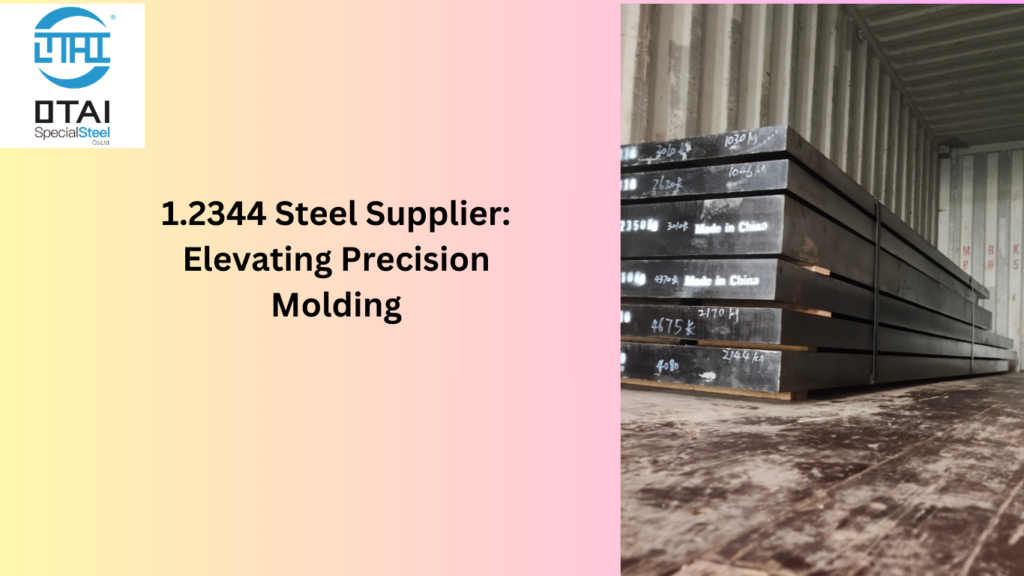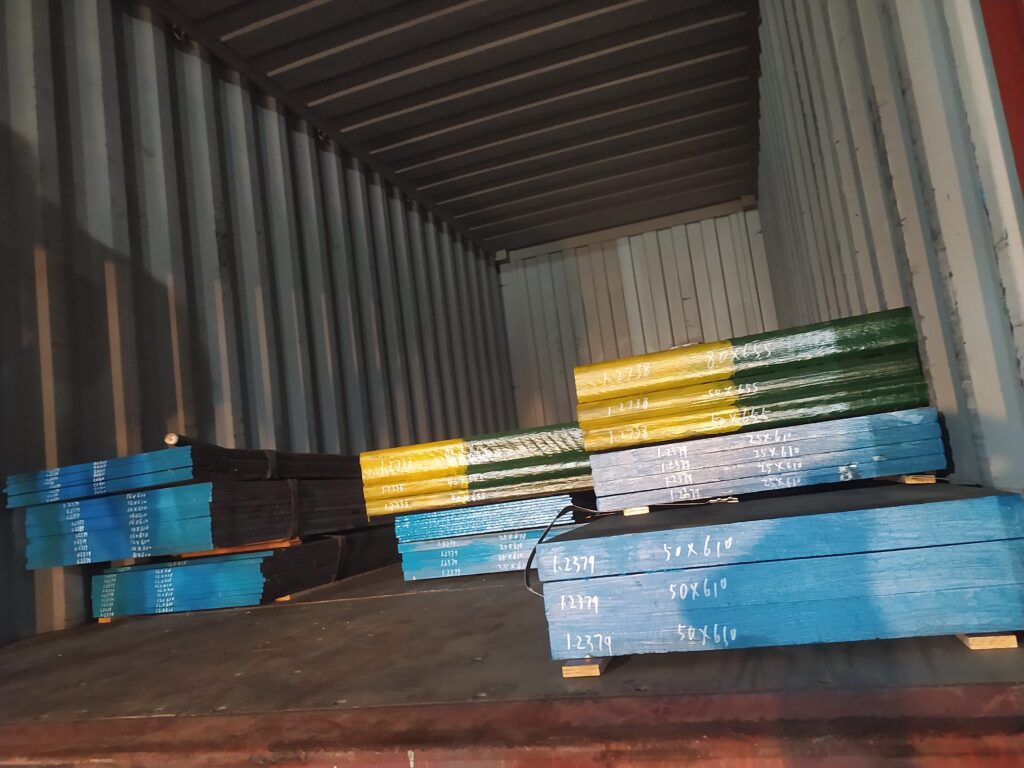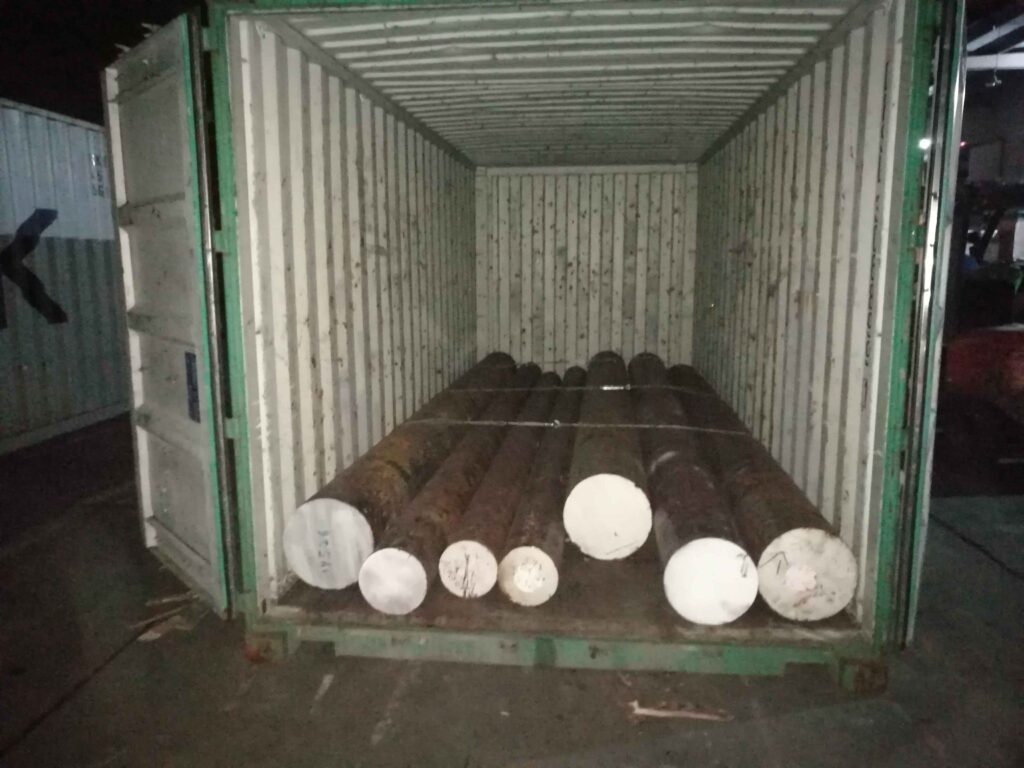Why 1.2085 Steel alloy Is Your Strategic Choice
In the dynamic world of steel, finding a reliable ally is crucial, and 1.2085 steel stands out as a game-changer for wholesalers and distributors. At OTAI, we don’t just supply steel; we offer a strategic partnership, ensuring that your inventory is fortified with a steel variant that excels in performance and availability.
Unlocking the Potential: The Versatility of 1.2085 Steel
1.2085 steel, often referred to as 420 Modified or P20, is a versatile tool steel known for its excellent machinability and wear resistance. It’s your go-to option for a wide range of applications, from plastic mold making to precision parts manufacturing. What sets it apart is not just its composition but the promise it holds for streamlining your operations.
OTAI’s Selling Points: More Than Just Steel
- Year-Round Availability: Imagine a steel that’s ready when you are. At OTAI, 1.2085 steel is in stock 365 days a year. No waiting, no delays – just the assurance that your demands will be met promptly.
- Comprehensive Sizing and Customization: We understand that one size doesn’t fit all. That’s why all sizes of 1.2085 steel are readily available. Need a specific customization? Our team ensures that your unique requirements are swiftly accommodated.
- Packaging Excellence: Presentation matters. OTAI goes beyond standard packaging. Whether it’s the simplicity of cable tie packaging, the durability of wooden box packaging, or the added protection of rust-proof packaging, your steel arrives not just as a product but as a statement.
- Proven Track Record with Global Giants: Being part of the supply chain for the world’s top 500 companies is no small feat. OTAI has consistently met stringent technical requirements, ensuring deliveries that resonate with customer satisfaction.
Real Stories of Success: OTAI in Action
Case Study 1: Empowering Aerospace Innovation
A leading aerospace manufacturer required a steel variant that could withstand extreme conditions. Our 1.2085 steel not only met the technical specifications but exceeded expectations. The result? Cutting-edge aerospace components that pushed the boundaries of innovation.
Case Study 2: Precision in Medical Equipment
In the medical equipment industry, precision is non-negotiable. A top-tier medical device manufacturer partnered with OTAI for a constant supply of 1.2085 steel. The result was a seamless production process, meeting the demands of critical healthcare applications.
In conclusion, 1.2085 Steel alloy is not just a commodity; it’s a strategic investment in the success of your operations. With OTAI as your supplier, you’re not just getting steel; you’re gaining a partner invested in your triumphs. Let 1.2085 steel redefine excellence in your inventory, ensuring that your business is equipped for the challenges and opportunities that lie ahead.
 In the intricate world of steel procurement, the choice of a supplier can make the difference between mediocrity and excellence. This article explores the dual facets of being well-informed about 1.2344 steel while also deciphering the key attributes that define a top-notch 1.2344 steel supplier.
In the intricate world of steel procurement, the choice of a supplier can make the difference between mediocrity and excellence. This article explores the dual facets of being well-informed about 1.2344 steel while also deciphering the key attributes that define a top-notch 1.2344 steel supplier. Top-tier suppliers understand that one size doesn’t fit all. They offer a spectrum of steel forms – round bars, flat bars, plates – and provide tailored solutions. Whether it’s custom lengths, specific dimensions, or value-added processes like precision machining, a flexible supplier stands out.
Top-tier suppliers understand that one size doesn’t fit all. They offer a spectrum of steel forms – round bars, flat bars, plates – and provide tailored solutions. Whether it’s custom lengths, specific dimensions, or value-added processes like precision machining, a flexible supplier stands out. On-time delivery is non-negotiable. A premier 1.2344 steel supplier values punctuality, and understanding the critical role it plays in project timelines. Their commitment to swift turnaround times and reliable delivery reflects a dedication to your project’s success.
On-time delivery is non-negotiable. A premier 1.2344 steel supplier values punctuality, and understanding the critical role it plays in project timelines. Their commitment to swift turnaround times and reliable delivery reflects a dedication to your project’s success.